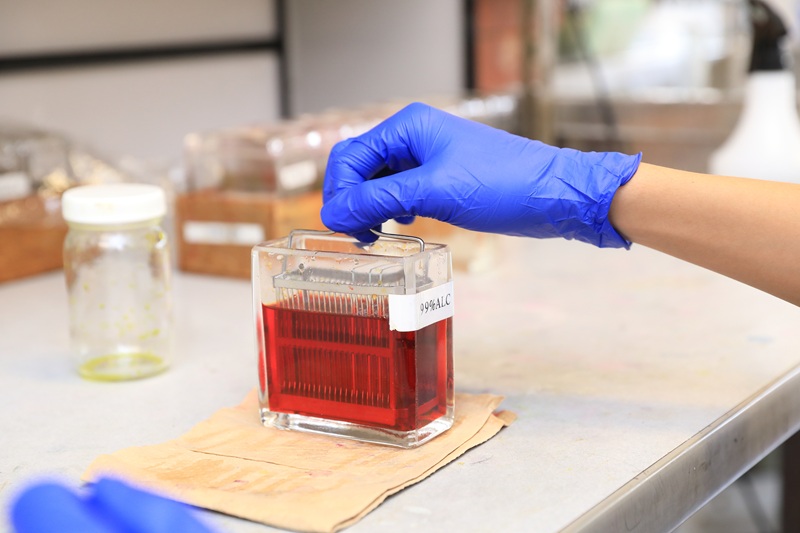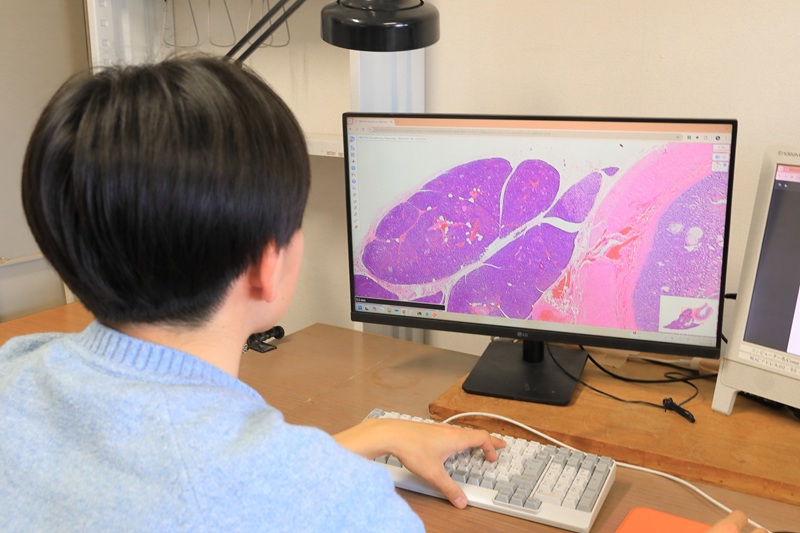Animal abuse, which results from the deterioration of human and societal well-being, continues to be a significant issue, with incidents of animal injuries and poisoning being persistent. Animal abuse is recognized as a social issue linked to domestic abuse in humans, and the welfare of animals is closely tied to human welfare. As companion animals age alongside humans and become increasingly integrated into family life, the relationship between humans and animals has become more interconnected in modern society. The concept of One Health/One Welfare, which views human health and welfare as inseparable from animals and the environment, is gaining momentum globally, with support from international organizations like the United Nations. Furthermore, the emphasis on the welfare of companion animals, farm animals, wildlife, and exhibition animals has become an international trend.
In contrast to human "forensic medicine," "forensic veterinary medicine" is a newly emerging field in Japan that deals with a wide range of animals, from fish to mammals. The Faculty of Veterinary Medicine at Hokkaido University, building on its expertise in veterinary forensics and chemical analysis, is constantly gathering companion animal, zoo, and wildlife samples from domestic and international research networks. The department receives requests for forensic analysis from the police while also conducting research focused on species differences in chemical poisoning, susceptibility, and pathological changes, as well as post-mortem alterations in animals. The goal is to contribute to the welfare of both humans and animals through the advancement of forensic veterinary medicine.
Would you like to join us and learn more about this new field of veterinary science, "Veterinary Forensics"?



